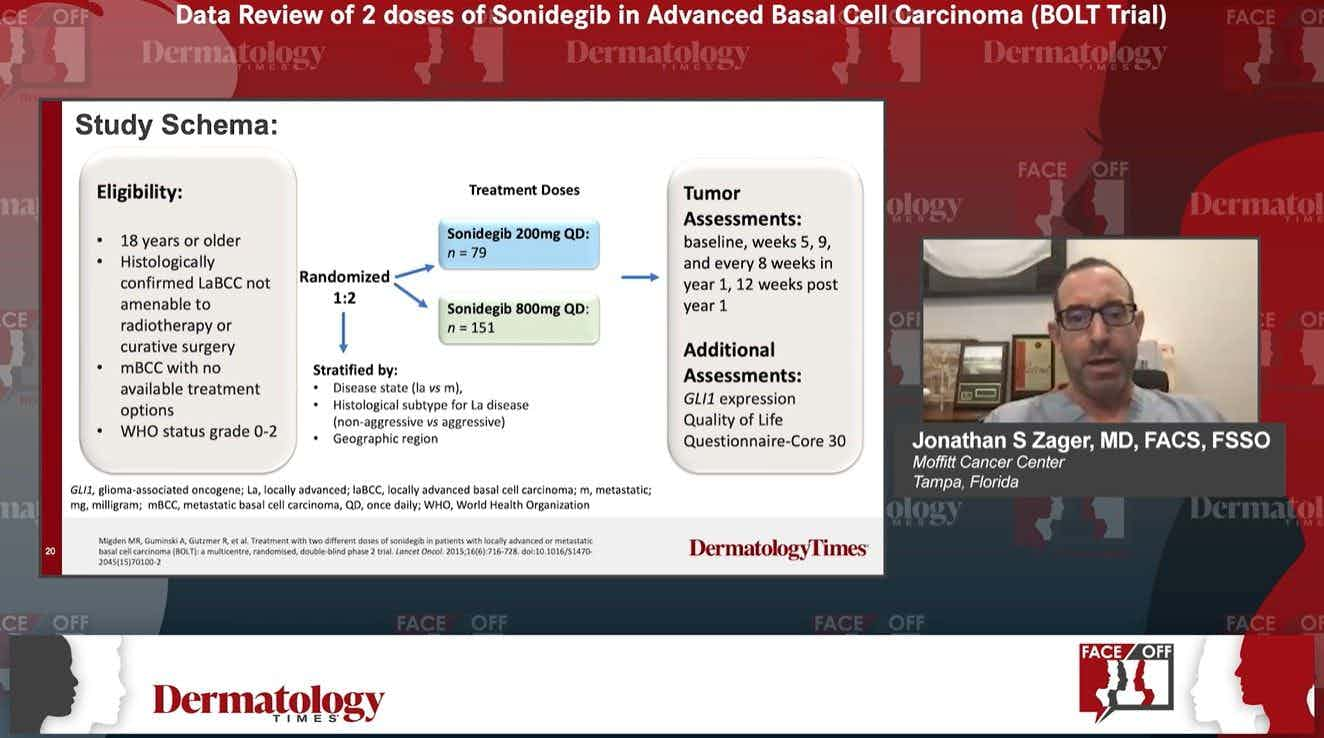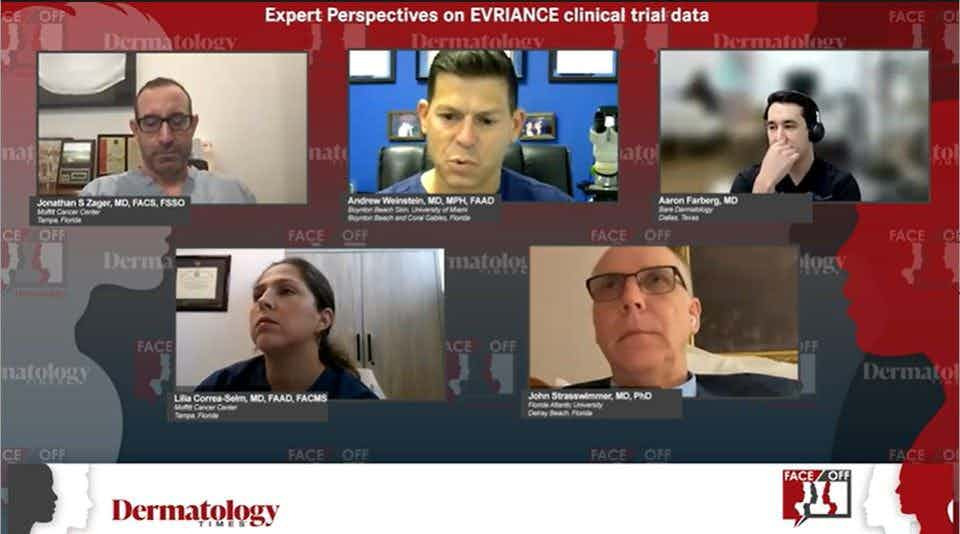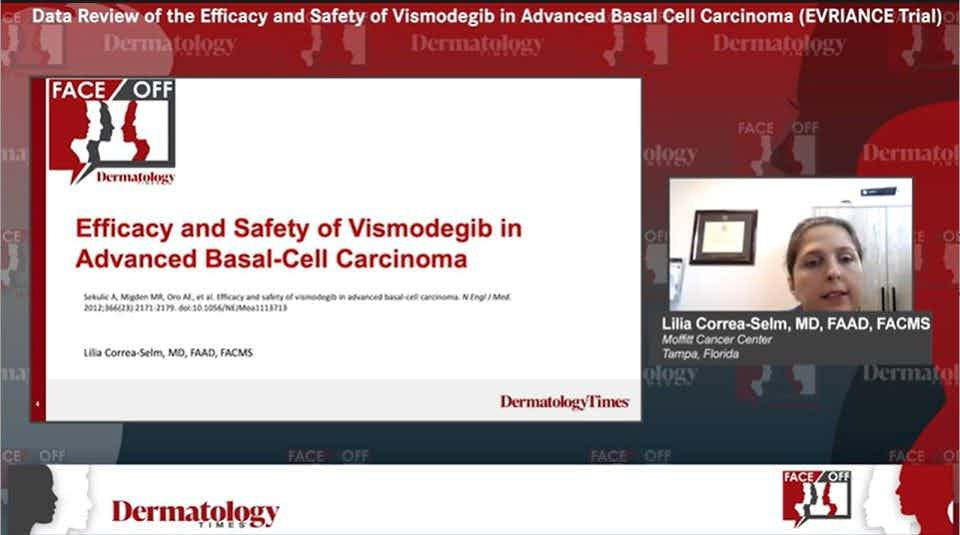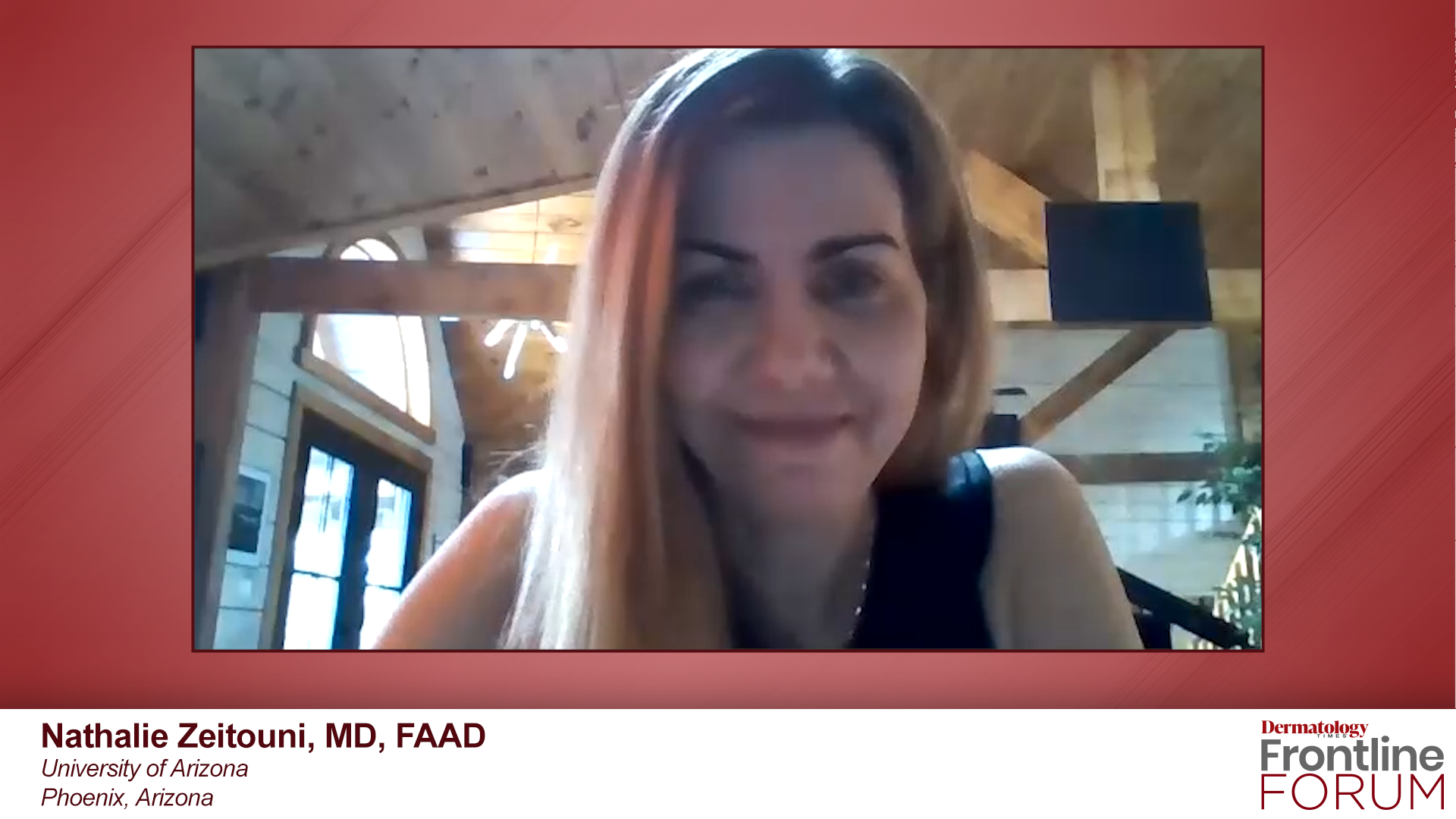- Acne
- Actinic Keratosis
- Aesthetics
- Alopecia
- Atopic Dermatitis
- Buy-and-Bill
- COVID-19
- Case-Based Roundtable
- Chronic Hand Eczema
- Chronic Spontaneous Urticaria
- Drug Watch
- Eczema
- General Dermatology
- Hidradenitis Suppurativa
- Melasma
- NP and PA
- Pediatric Dermatology
- Pigmentary Disorders
- Practice Management
- Precision Medicine and Biologics
- Prurigo Nodularis
- Psoriasis
- Psoriatic Arthritis
- Rare Disease
- Rosacea
- Skin Cancer
- Vitiligo
- Wound Care
Article
Cemiplimab Approved for BCC in Europe
Author(s):
The European Commission has approved cemiplimab for the treatment of locally advanced or metastatic basal cell carcinoma in adults.
The European Commission has approved cemiplimab (Libtayo; Sanofi and Regeneron Pharmaceuticals) for the treatment of locally advanced or metastatic basal cell carcinoma (BCC) in adult patients who have progressed on or are intolerant to a hedgehog pathway inhibitor (HHI).1
Cemiplimab is a fully human monoclonal antibody that targets the PD-1 receptor on T-cells. By binding to PD-1 receptor, cemiplimab has demonstrated the ability to block cancer cells from using the PD-1 pathway to suppress T-cell activation.
"Libtayo is the first immunotherapy to show a clinical benefit in patients with advanced BCC after HHI therapy in a pivotal trial, and with this first-in-class approval has the potential to transform treatment for patients in Europe whose cancer has progressed despite HHI treatment," said Israel Lowy, MD, PhD, senior vice president, Translational and Clinical Sciences, Oncology at Regeneron. "We look forward to continuing to investigate this medicine in additional settings, with the goal of helping more patients with difficult-to-treat cancers around the world."
The decision is supported by data from an ongoing open-label, multi-center, nonrandomized phase 2 trial (NCT03132636) of patients with unresectable locally advanced BCC or metastatic BCC (nodal or distant). The data is collected from the largest prospective clinical trial (n=119) in patients with advanced BCC previously treated with an HHI to date, according to the press release.
Cemiplimab-treated patients with locally advanced BCC had an objective response rate (ORR) of 32% (95% confidence interval [CI]: 22-43) (25% partial response, 7% complete response) by independent central review.
Cemiplimab-treated patients with metastatic BCC demonstrated an ORR of 29% (95% CI: 15-46) (26% partial response, 3% complete response) by investigator assessment.
Additionally, roughly 90% of patients across both groups had a duration of response (DOR) of 6 months or longer per Kaplan Meier estimates, and the median DOR was not reached for either group. The median duration of follow-up was 16 months for locally advanced BCC and 9 months for metastatic BCC.
Safety was assessed in 816 patients across all 4 cemiplimab monotherapy pivotal trials in its approved indications. Adverse events (AEs) were serious in 30% of patients and led to permanent discontinuation in 8% of patients.
Immune–related adverse reactions (ARs) occurred in 22% of patients and led to permanent discontinuation in 4% of patients. The most common immune-related ARs were hypothyroidism (8%), hyperthyroidism (3%), pneumonitis (3%), hepatitis (2%), colitis (2%) and immune-related skin adverse reactions (2%).
Reference:
1. Libtayo (Cemiplimab) approved by the european commission as the first immunotherapy indicated for patients with advanced basal cell carcinoma. BioSpace. June 25, 2021. Accessed June 25, 2021. https://www.biospace.com/article/libtayo-cemiplimab-approved-by-the-european-commission-as-the-first-immunotherapy-indicated-for-patients-with-advanced-basal-cell-carcinoma/
Newsletter
Like what you’re reading? Subscribe to Dermatology Times for weekly updates on therapies, innovations, and real-world practice tips.















